The company issued the statement on its official electronics blog, stating that the conclusion was reached after testing three of Apple's iPhone 4 handsets purchased from three separate retailers in the New York area inside a controlled environment of a radio frequency isolation chamber.
"In this room, which is impervious to outside radio signals, our test engineers connected the phones to our base-station emulator, a device that simulates carrier cell towers," the nonprofit organization wrote. "We also tested several other AT&T phones the same way, including the iPhone 3GS and the Palm Pre. None of those phones had the signal-loss problems of the iPhone 4."
It continued: "Our findings call into question the recent claim by Apple that the iPhone 4's signal-strength issues were largely an optical illusion caused by faulty software that 'mistakenly displays 2 more bars than it should for a given signal strength.' The tests also indicate that AT&T's network might not be the primary suspect in the iPhone 4's much-reported signal woes."
The organization provided an "affordable" solution for users afflicted with signal woes, in covering the antenna gap found on the bottom left of the device with a piece of duct tape or a non-conductive material. "It may not be pretty," they wrote, "but it works."
The latest update from Consumer Reports is a 180-degree change from what it advised users earlier this month. In that report, the company noted that there was "no reason" to not buy an iPhone 4. The company said, at the time, that they were unable to recreate the signal loss issue.
Apple has said that any mobile phone experiences reception issues when held improperly. It has also said that users can use any case that covers the metal exterior band of the phone, which also acts as its antennas, with a case to prevent conduction through the user's skin.
Earlier this month, Apple revealed that the iPhone 4 calculates bars of signal strength incorrectly, and a software fix is expected to be delivered in the coming weeks. Apple's iOS allots nearly 40 percent of its total possible reception levels to five bars, from -51dB to -91 dB. But the distance from four bars to one bar of reception is much less, from -91dB to -113dB.
Consumer Reports revealed on Monday that it cannot recommend the iPhone 4, even though the handset scored higher than its competitors in categories not related to reception. The just-released smartphone ratings concluded that the iPhone 4 has the "sharpest display and best video camera" seen on any mobile phone, along with improved battery life and new features like a forward-facing camera.
"But Apple needs to come up with a permanent — and free — fix for the antenna problem before we can recommend the iPhone 4," they wrote."
 Neil Hughes
Neil Hughes
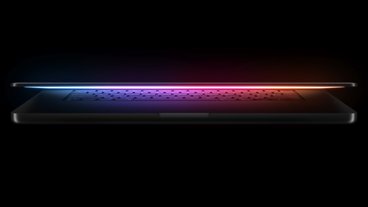


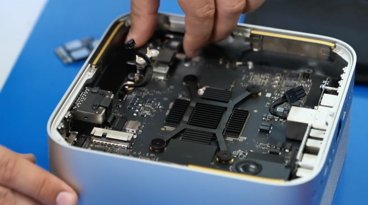









 Charles Martin
Charles Martin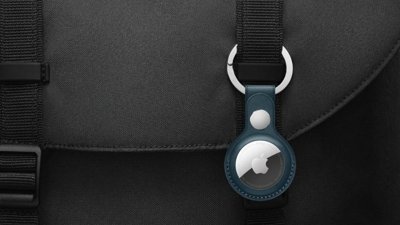
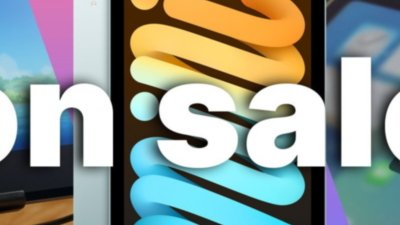
 Christine McKee
Christine McKee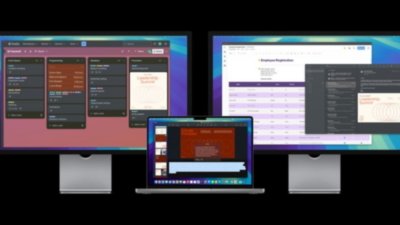
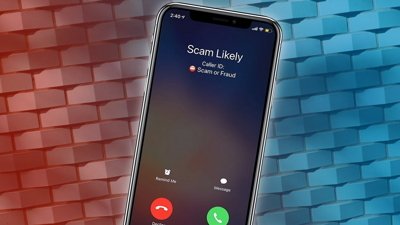

 Oliver Haslam
Oliver Haslam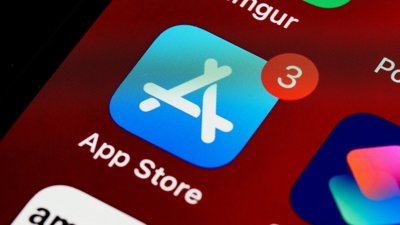
 William Gallagher
William Gallagher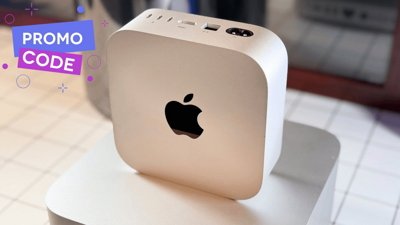


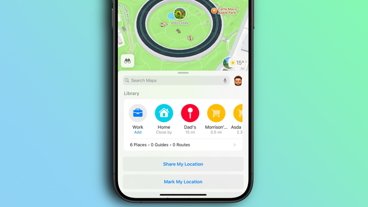






406 Comments
I usually trust Consumer Reports but the flip-flopping makes me call into question their "buyer beware" message. Has anyone experienced real time issues with the reception and call quality of the iPhone 4?
I am glad I am not an early adopter. It seems to me that Apple will have to do a recall...
Uh oh. Apple may topple.
Apple is going to have to innovate themselves out of this one. It will be interesting to see what they come up with.
I'm an Apple fanboi, but this is f-ed up.
The company needs to swallow their pride and fix this issue.
I mean, c'mon, it took them 3 years to realize that there was a bug in the code that displays the signal bars? Give me an f-ing break. The code these guys work on would melt a Cray supercomputer, and a bug like that gets by them? If that's the case, the entire iPhone software team should be fired.
I am taking my iPhone 4 into an Apple Store this week to get a refund, and a replacement 3GS. And I also need to convince my wife that she's not getting the white iPhone she thinks she's getting later this month.
Wow! Not good. I was really looking fwd to getting my 4G. ATT was going to let me upgrade after only having the 3Gs for 8 months and I know someone that refurbishes and sells older iPhones and he will give me $275 for my 3Gs.
The only downside is that I have to wait 3 weeks for Apple to ship. I do have an ATT dumb phone I can use but don't relish using it for a month.
Oh well, decisions, decisions. Made a little easier with this news. Will wait for this to play out, as much as I like duct tape, this is not really a solution to me.
I see a redesign in the cards, shortly.